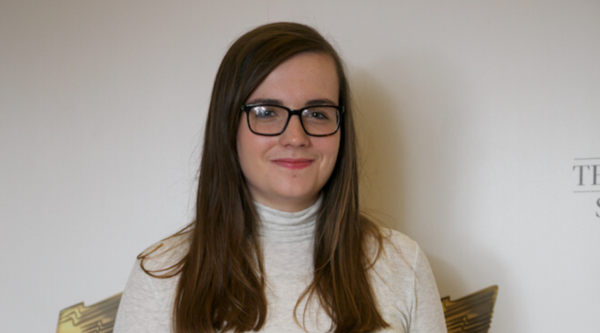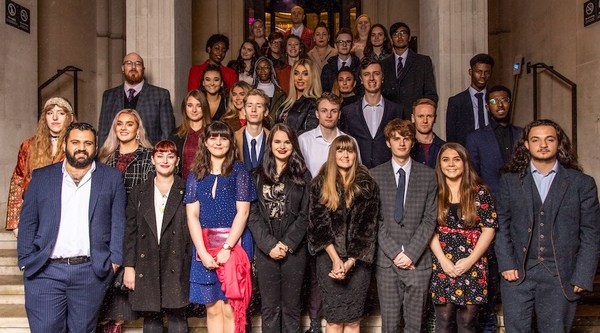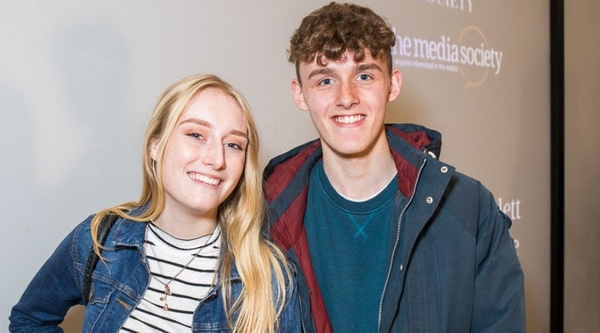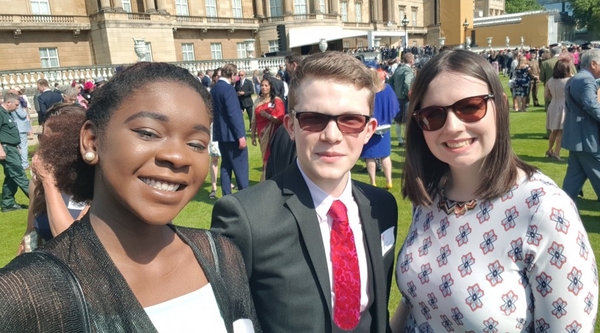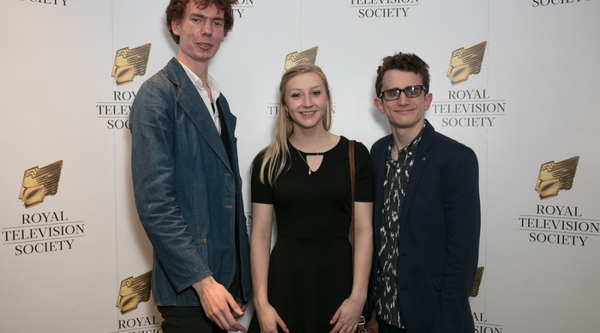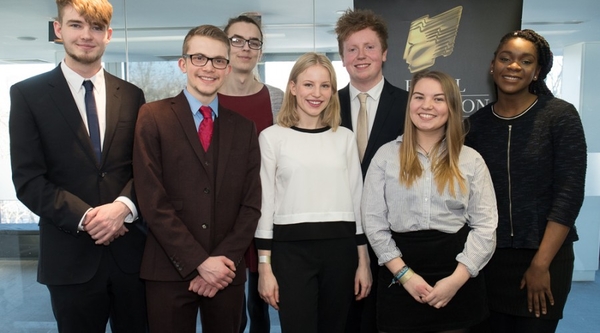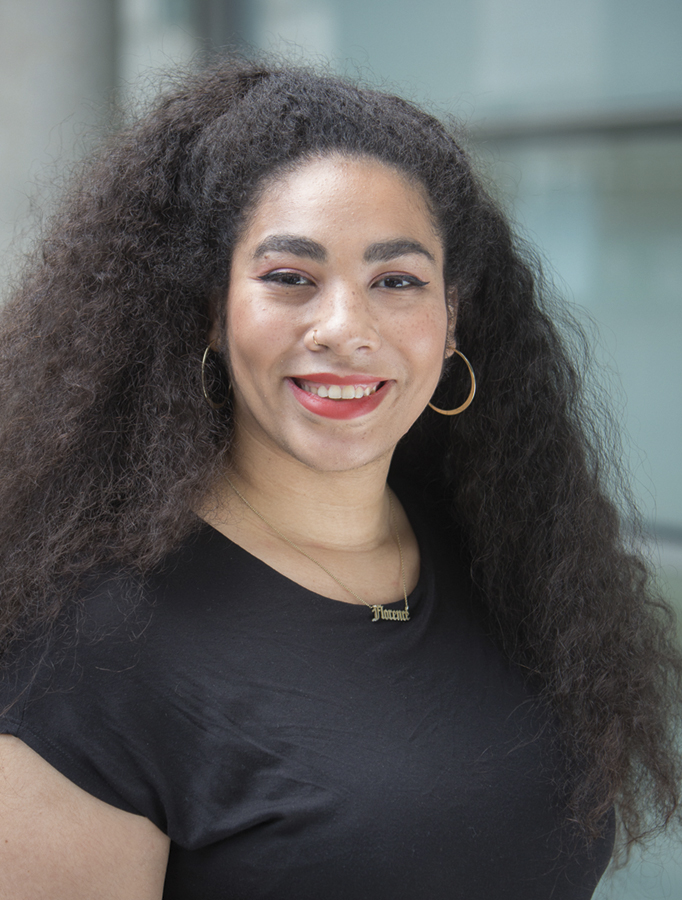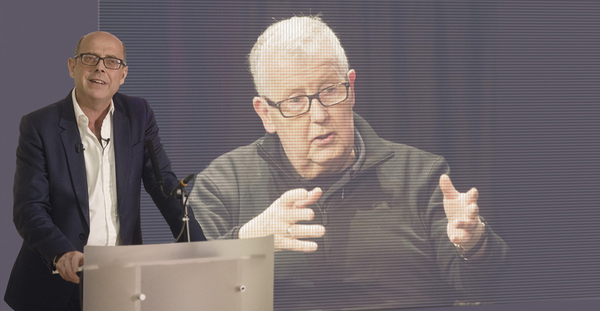RTS Bursaries: Young lives on hold
“It’s all a bit of a mess, really,” says Charlotte Humphreys. “I was living in south London, which had the most cases of Covid-19 in the UK, so I packed some of my most important stuff into Ikea bags and left.
“I’m paying £700 a month for a room I’m not living in, my stuff is at four different addresses and I’m staying with my Dad, who has a terminal lung condition. I bought a car, an absolute banger, for £275, because I need to get shopping for my Dad.”


